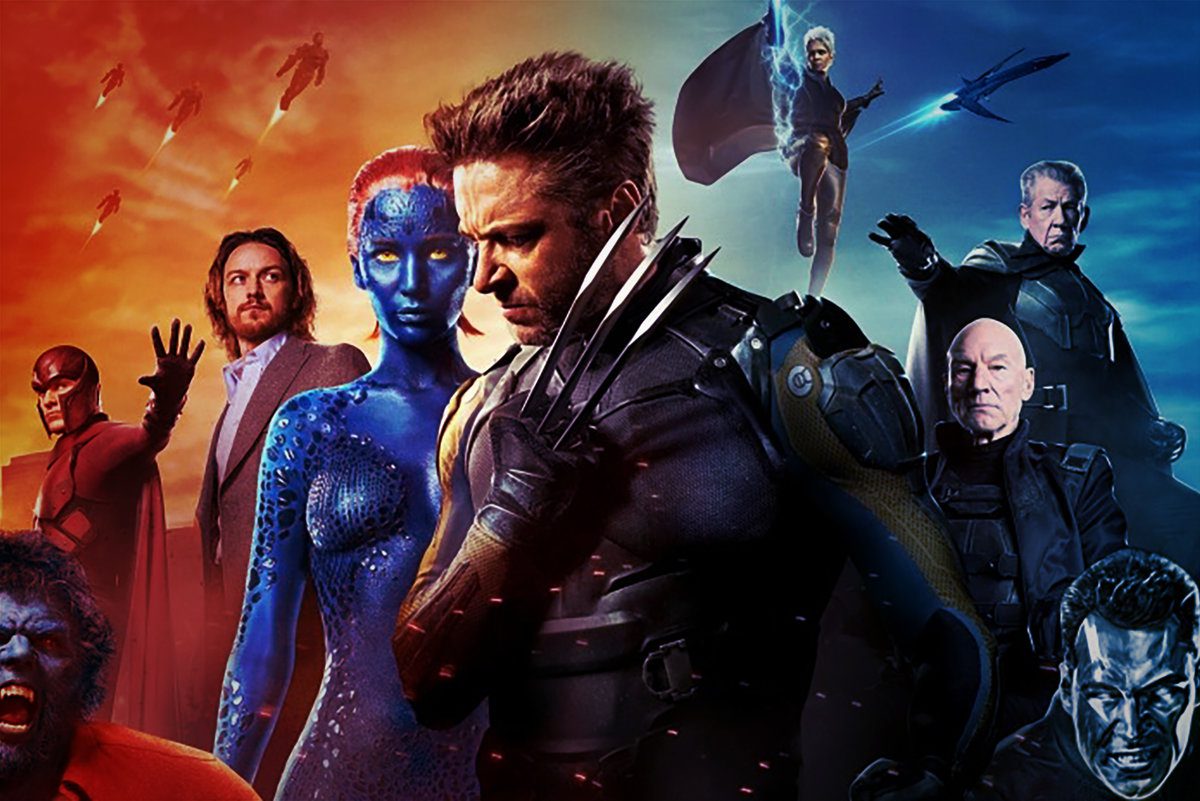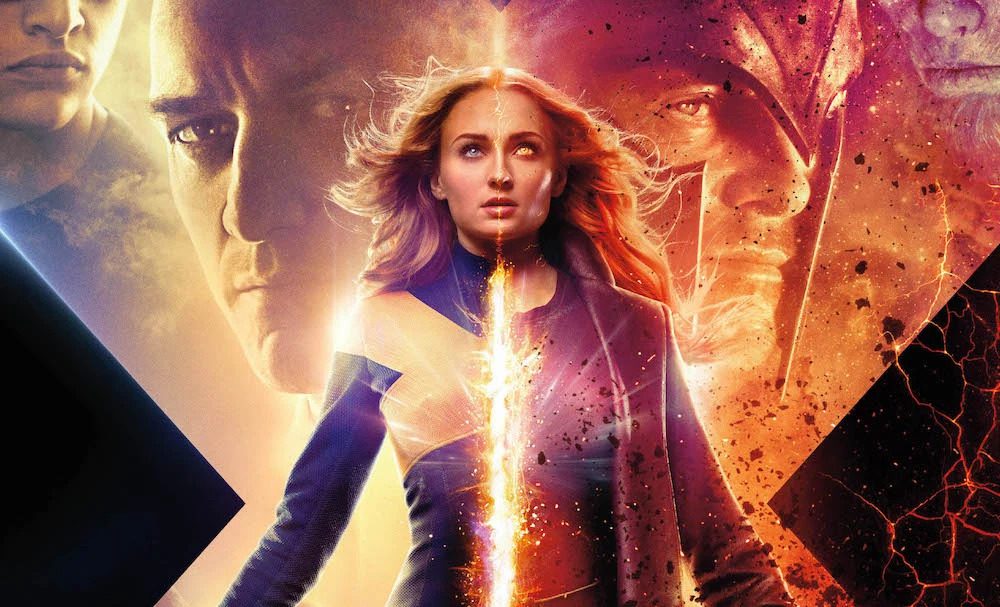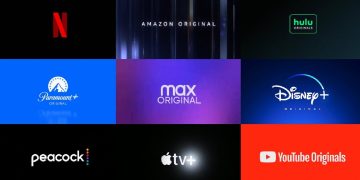Despite making their comic book debut in 1963, the story of Jean Grey, Magneto, Professor X, and Wolverine didn’t make it to the big screen till 2000. Usual Suspects filmmaker Bryan Singer teamed up with screenwriter David Hayter to tell the story of X-Men. The X-Men have seen prequels, sequels, and spin-offs since then, but fans’ interest in these characters’ uniqueness has remained consistent. The secret to their ongoing appeal is Lee’s decision to make them mutants. Here, we shall rank all the X-Men Movies.
The X-Men have always appealed to outsiders, whether it’s because of their geeky love of comic books, their sexual identity, their racial background, or another marker of cultural “otherness,” regardless of the era. Superheroes are frequently portrayed as unstoppable, but the X-Men, despite their incredible abilities, are always cast as underdogs: misjudged, outnumbered, and battling to be accepted for who they are. It’s far easier to empathize with them than it is with Tony Stark. Their unity comes from their shared struggle, and as a result, viewers from all walks of life have been drawn by these fictitious characters who derive power from their suffering.
Here’s Every X-Men Movies Ranked Worst To Best:
13. X-Men Origins: Wolverine
Making an “X-Men” spin-off film centered on Hugh Jackman’s enormously famous character isn’t a bad idea, either. This film, like its title, is both complicated and terribly dull. It messes up Ryan Reynolds’ Wade Wilson’s introduction so horribly that Reynolds savagely mocked the film in his two “Deadpool” spin-offs. The visual effects, such as the pivotal scene where Wolverine first sees his adamantium claws, appear as they originated from a mid-’90s Disc game. Worse, as a prequel, “Origins: Wolverine” fails to explore anything new or interesting about its central hero, especially because the film concludes with him forgetting all we’ve just seen.
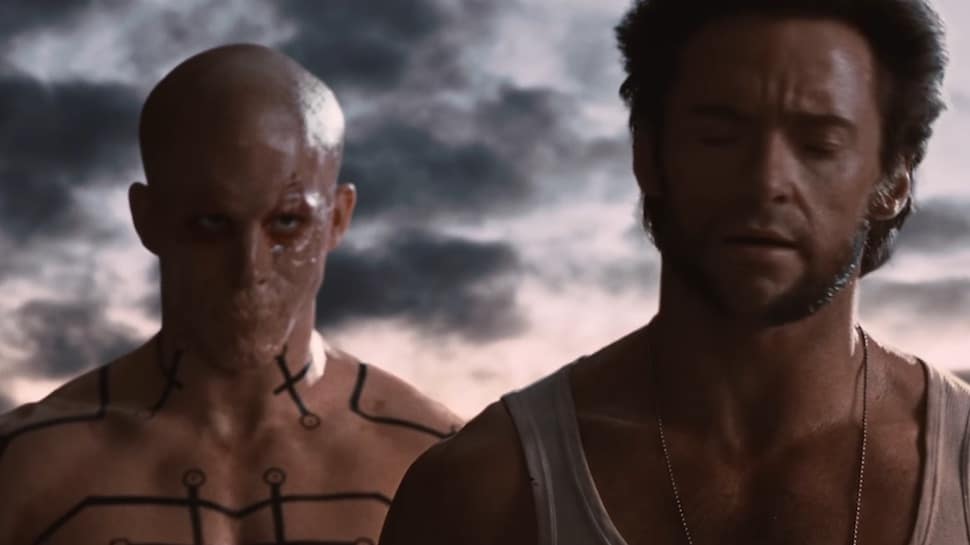
12. The New Mutants
Despite the fact that The New Mutants is not officially part of the mainline X-Men films, the film’s link with the X-Men makes it a vital addition to the list. Unfortunately, the movie doesn’t do much to distinguish itself from normal superhero entertainment, with all the same beats you’ve seen dozens of times before. Five youngsters with latent mutant abilities are confined in an evil medical institution that is designed to test and confine them. They battle the evil by working through the traumas of their pasts, and that’s about as thrilling as it gets. The New Mutants is yet another premise that falls short of expectations.
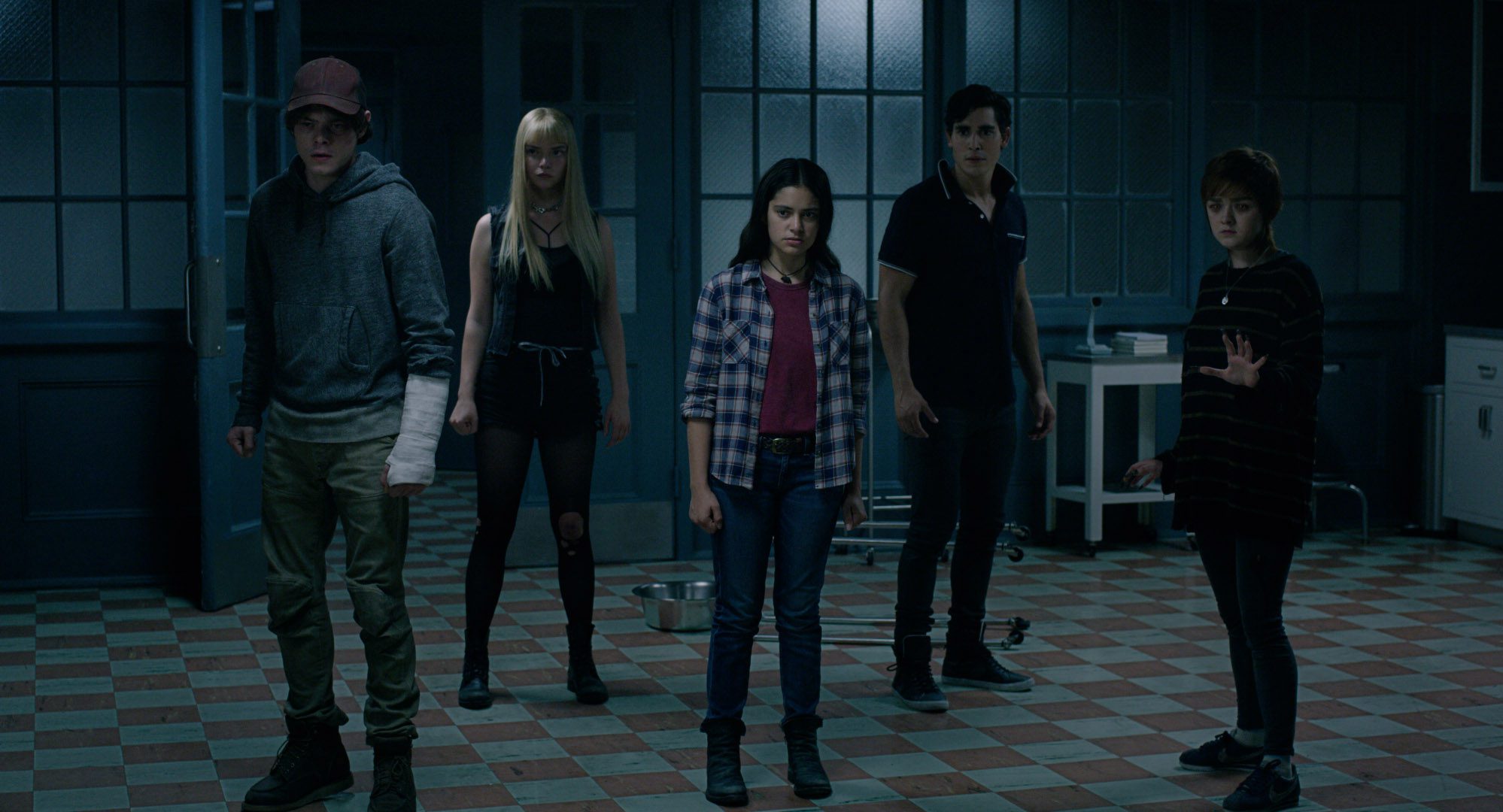
11. X-Men: Dark Phoenix
Simon Kinberg, who went on to produce and/or write numerous more “X-Men” films after co-writing “The Last Stand,” made his full directorial debut with “The Dark Phoenix Saga,” which is effectively a remake of “The Last Stand.” Some of it, in particular, is noticeably superior: Sophie Turner’s Jean Grey is far more affecting, showing the character’s hatred and hurt upon discovering the deep childhood trauma that James McAvoy’s Charles Xavier had sealed away within her mind.
Kinberg’s generic ability as a director, on the other hand, makes for a dull experience. The shapeshifting alien baddies in the movie, led by Jessica Chastain in power high heels and a poor pale-blonde wig, are especially dull. (How can you cast Jessica Chastain as the antagonist just to make her boring?) “Dark Phoenix” is a forgettable toss of a superhero movie.
10. The Wolverine
The opening two acts are nearly flawless, transporting Hugh Jackman’s Wolverine from his comfortable (to him and to us) surroundings to a Japanese sci-fi crime drama complete with bullet trains, Yakuza thugs, and sword-wielding ninjas. It shouldn’t feel as innovative as it does, but the outsider in a foreign land concept does a fantastic job of revealing Wolverine’s sense of isolation from himself.
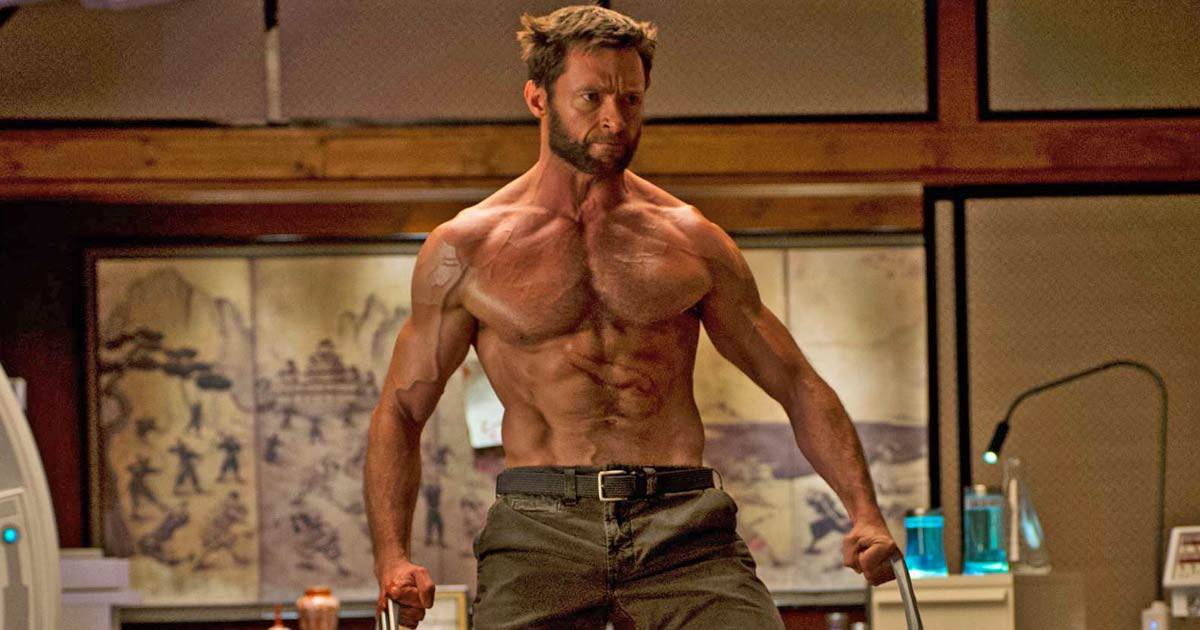
Director James Mangold injects a mature sensibility into the superhero genre, removing the franchise’s more fantastical components in order to better dig his hero’s endless wells of regret and identity. This is why the third act’s switch to a traditional superhero showdown filled with poor CGI is such a letdown, but it seems Mangold and Jackman were only getting started because the upcoming installment was meant to be a classic.
9. X-Men: The Last Stand
This mash-up of two of the most powerful tales from the X-Men comics — Jean Grey’s transformation into the Dark Phoenix and the chaos produced by a cure for mutation — never should have resulted in a film this plain. We still live in a world where Brett Ratner directed a film with the classic phrase “I’m the Juggernaut, bitch!”
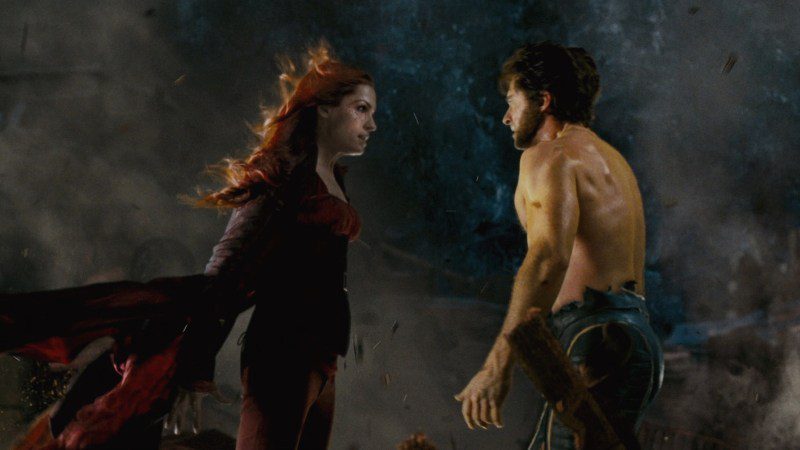
During Jean’s frequent Dark Phoenix musical forms, when she stands blank-faced and black-eyed as indistinct CGI insanity swirls around her, Famke Janssen has rarely looked more lost. It’s no surprise that almost all subsequent “X-Men” films tried to pretend that “The Last Stand” never happened.
8. X-Men: Apocalypse
The idea of Oscar Isaac representing the most powerful mutant in existence sounds pretty good. The problem with X-Men: Apocalypse is instantly obvious. Why is Apocalypse trying to conquer the world? It’s just because the makers want to show it! Apocalypse isn’t without its charms, even if it is forever remembered as the film that buried the world’s sexiest and most charming actor, Oscar Isaac, under CGI and blue makeup.
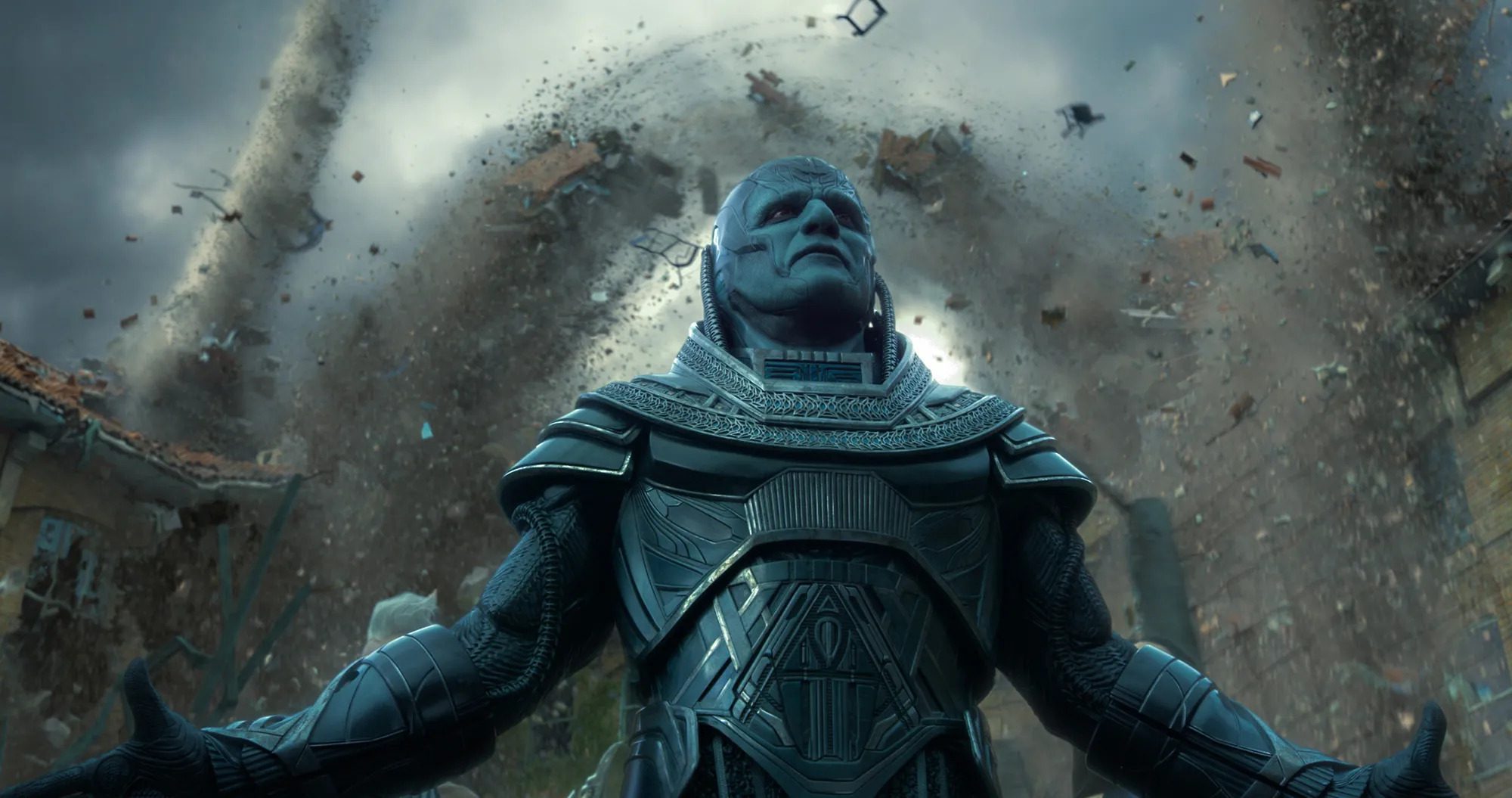
When the story’s major conflict makes such a strong commitment to being boring and underdeveloped, the rest of the film suffers as a result. Despite the cast’s customary great performances, the plot lacks gravity since each action that progresses the plot occurs because the screenplay believes it necessary, rather than because the characters appear to be compelled to do things on their own. After the popularity of Days of Future Past, X-Men: Apocalypse’s failure appears all the more regrettable.
Also Read: Upcoming Marvel Movies In 2022-23: From Morbius To Spider-Man 4
7. X-Men
If this one didn’t succeed, none of the others would exist. Forget about 2002’s Spider-Man, 2005’s Batman Begins, and 2008’s Iron Man. This film is most likely the original origin of our current superhero-movie craze. X-Men was released just three years after Batman & Robin, which acted as the kiss of death for a specific style of the comic-book film. It featured a group of powerful, honorable, and occasionally insecure mutants fighting their evil counterparts.
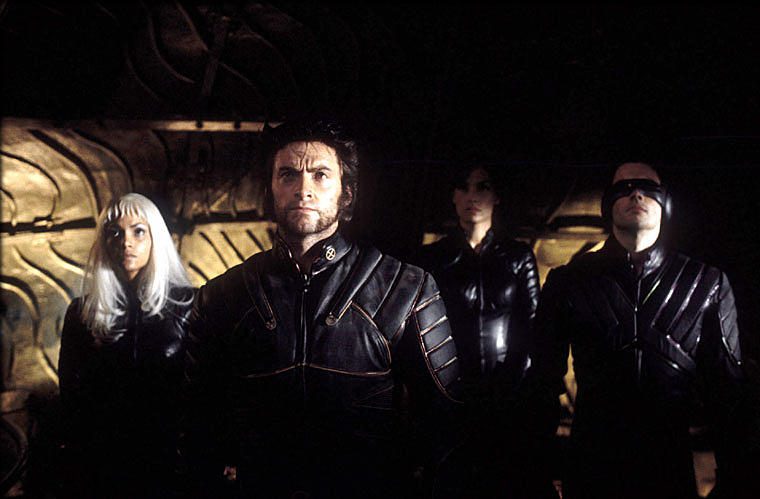
Everything that makes these Marvel characters wonderful was on show in the first film: Professor X’s unflashy heroism, Magneto’s sarcastic villainy, Wolverine’s charisma, and the idea that the X-Men represented society’s excluded and endangered communities. X-Men is funny and thrilling, and it’s free of the assumptions that have accompanied nearly every superhero film since — it’s able to become its own thing, blissfully ignorant of the Hollywood comic-book gold it was about to dive in.
6. Deadpool 2
When Deadpool’s wife Vanessa (Morena Baccarin) is murdered at the opening of the film solely so Deadpool can have Deep Feelings, it’s greater, ruder, and in at least one aspect, even more problematic. But it’s the fact that “Deadpool 2” has more humor and heart that makes the film superior to the first. The X-Force squad of mutants formed by Deadpool, a wacky spin on superhero team-ups that finishes with one of the funniest gags ever in a superhero movie, is largely responsible for the increased humor.
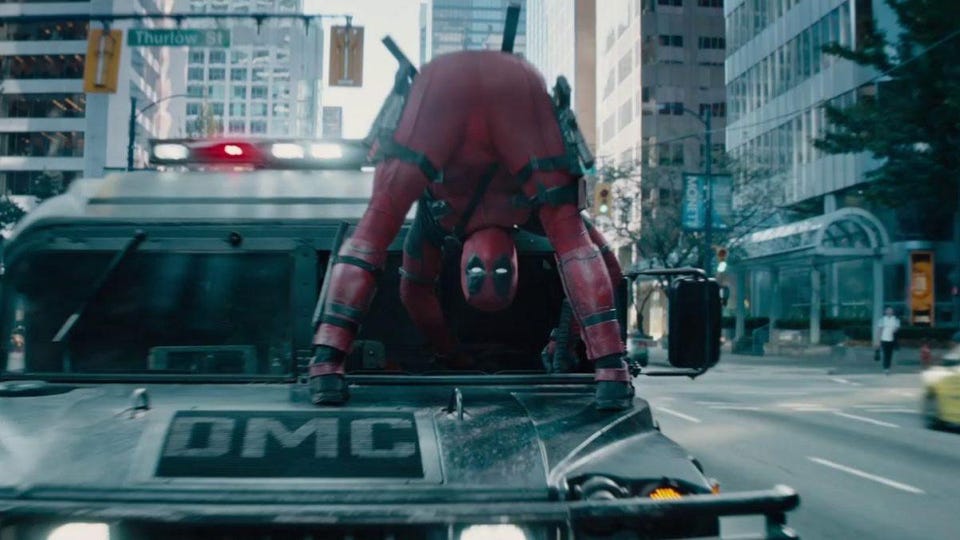
Russell, a.k.a. Firefist, a young mutant whose abuse in an orphanage drives him to villainy, is largely responsible for the film’s core. Cable, played by Josh Brolin, is a time-traveling soldier who feels under-utilized as if they were storing his greatest material for the sequel. Even in a film as enjoyable as this one, however, all that smirking, self-aware humor might feel like a declining return. Less could be more if Deadpool makes it into the MCU.
5. X-Men: First Class
Prequels rarely succeed as well as this one does, for the simple fact that the “X-Men” films only hint at internal continuity. So instead of worrying about how (or not) “First Class” connects to the “X-Men” timeline, we can just enjoy witnessing Charles Xavier as a cool Oxford scholar and Erik Lehnsherr as a deadly Nazi hunter. From the first scene, McAvoy and Fassbender deliver their characters’ deep and troubled bond, and the rest of the new cast is also fantastic.
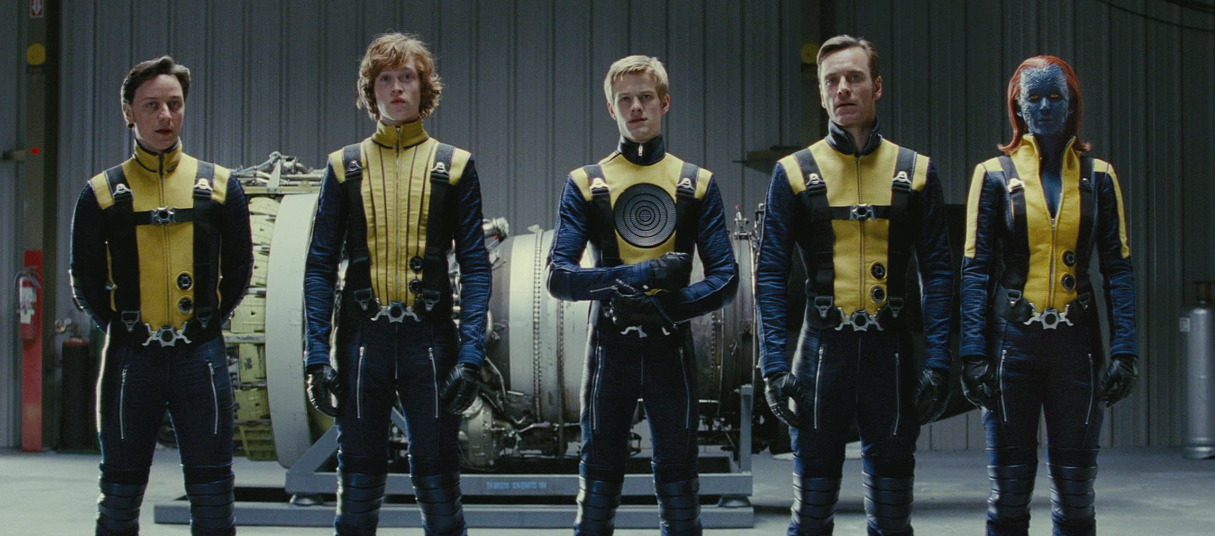
Kevin Bacon’s Sebastian Shaw, the Nazi doctor who warped Lehnsherr into Magneto, is perhaps the best “X-Men” villain ever. It’s acceptable to argue that First Class only lays the stage for future installments, but there’s also a decent bit of tragedy here, as this bunch of mutants is split into two groups, each determined to destroy the other as humans plan to eliminate them all.
4. Deadpool
The film that Fox was hesitant to release turned out to be one of the most successful X-Men films to date. Despite the fact that Deadpool is unlike any other X-Men film ever made and the first one to be R-rated, director Tim Miller’s foul-mouthed rendition struck a big chord with fans. And it’s a good time! Ryan Reynolds was practically born to play Wade Wilson, and he gives the character the humanity it needs to emotionally ground the film. While gaining Vanessa back is eventually the film’s main plot element, the character reacts rightly to Wilson’s selfish deeds.
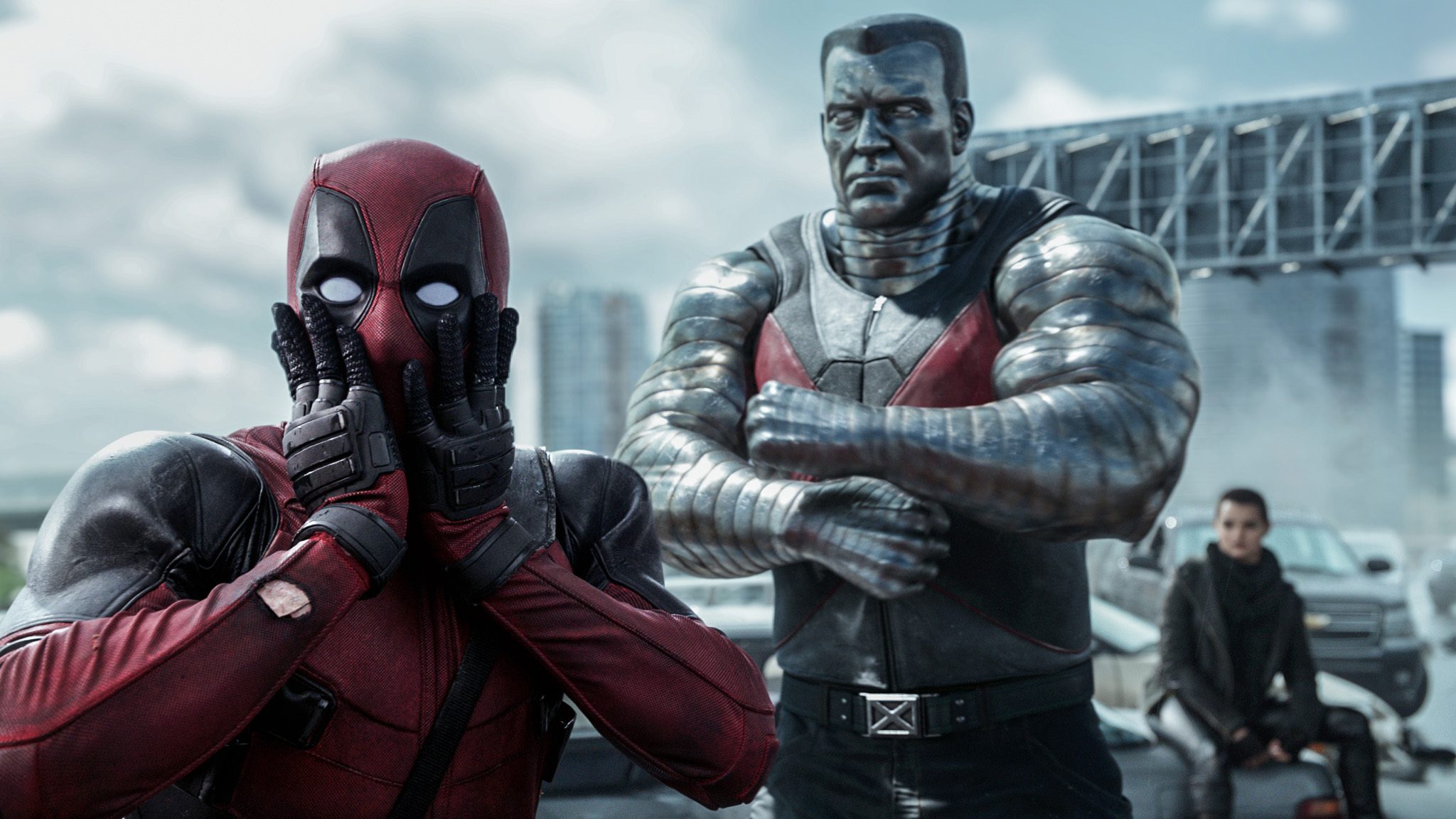
Miller does an excellent job of creating a genuine superhero film on a low budget, and while the film’s size is limited, Miller excels at action—particularly in the climactic set-piece. The humorous interaction between Deadpool and his blind housemate is one widely relied-on punchline that simply doesn’t land, and the immature tone of the humor starts to get a touch repetitive. Nonetheless, the film succeeds more often than it fails, and Wilson’s violent and comically antiheroic attitude is a welcome change of pace in the X-Men universe.
3. X2: X-Men United
X2 was hailed as a superior sequel and perhaps genre-defining superhero film upon its premiere. And, indeed, the film is fantastic, holding up very well even after all these years. It builds to a fantastically bittersweet conclusion, with director Bryan Singer teasing the Dark Phoenix saga while also neatly closing up the film’s political themes. X2 remains a lively and engaging watch by any means and undoubtedly one of the more philosophically ambitious pictures in the X-Men franchise, as darker and even more grounded twists on the comic world followed, expanding on the ground that X-Men broke.
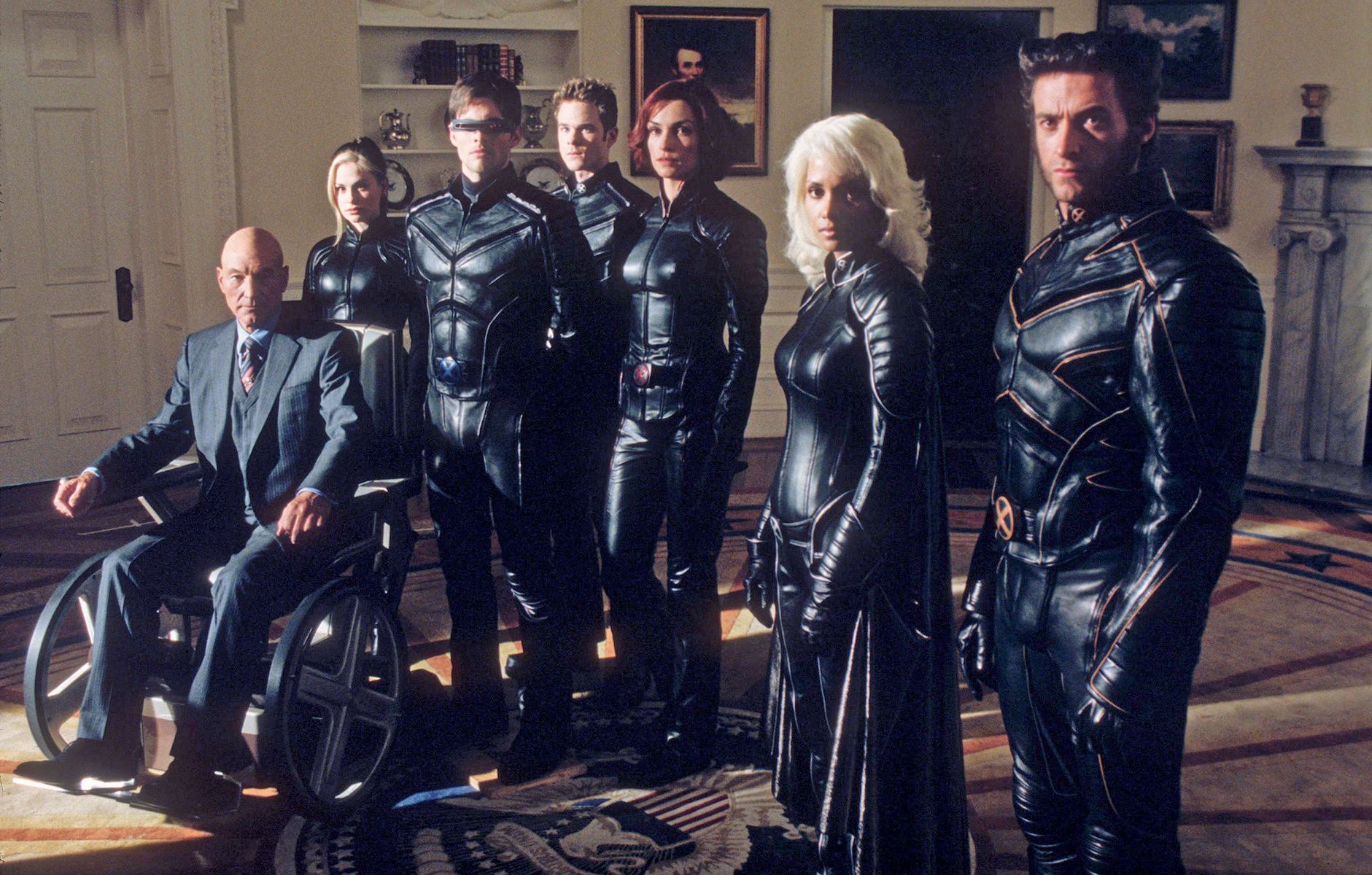
The moviemaking team proves skilled at trying to juggle even more mutants this time around without the movie ever feeling overcrowded. Wolverine and Jean Grey, in particular, get the most tender loving care, while Halle Berry does get a story arc this time around thanks to Alan Cumming’s outstanding performance as Nightcrawler. Wolverine grounded the first X-Men, so it’s only fair that he continues to lead the story in X2. But what’s great about the sequel is that it manages to keep this thread going while also fleshing out the supporting cast, with Brian Cox’s William Stryker acting as the franchise’s best non-mutant villain ever.
2. X-Men: Days of Future Past
In reality, this should have been the final X-Men film: a grandiose, time-traveling drama bringing together the “First Class” team with the original “X-Men” team as everyone attempts to prevent a future torn by death and disaster. It has one of the best sequences in any superhero film, with Quicksilver happily dashing through a kitchen to Jim Croce’s “Time in a Bottle” to save Magneto, Xavier, and Wolverine from a squad of cops. Magneto also lays the RFK Memorial Stadium all around the White House, which is the coolest expression of his abilities since his jailbreak in “X2.”
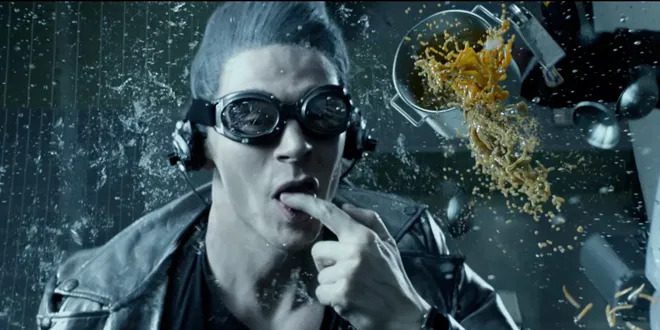
We get to see not just what made these heroes who they are but also how they influenced world history. This is, without a doubt, the only X-Men film with a scene set at the Paris Peace Accords. Bolivar Trask, played by Peter Dinklage, is a brilliant military scientist whose massive robot sentinels become an ultimate danger to both humans and mutants. Lawrence’s Mystique is at the core of the film, with a journey that goes from revenge to a type of resigned redemption that involves saving President Richard Nixon’s life.
1. Logan
Knowing they didn’t come close to achieving Wolverine’s ideal with The Wolverine, director James Mangold and actor Hugh Jackman went all-in with Logan. Logan isn’t even a superhero film, but the end product is surely one of the franchise’s most daring sequels. It’s a dramatic Western that’s brutally violent and thoughtful. Mangold and Jackman focused on the greatest qualities of The Wolverine and ditched the worst, creating the most emotional X-Men film ever filmed with this send-off for Jackman’s portrayal as Wolverine. In Logan, Jackman gives his strongest performance as the character yet, and by the end of the movie, he’s left with nothing left in the tank.

Logan rejects all meaningful human contact in the basic premise, and if Charles’ well-being didn’t depend on him, it’s easy to envision Logan turning that adamantium bullet on himself long before. He’s faced with parenting and legacy, and he’s dared to turn away yet again. However, he reluctantly backs down and promises to guide the child X-23 to a safe place that may or may not exist. Jackman and Mangold try their hardest to overlook the errors and focus on providing a full, complete, gratifying, and, most importantly, honest conclusion to Wolverine’s story arc. This is a figure who has done a great deal of good in his long life, but he has also done a great deal of evil. It’s not always easy to watch him strive to reach some form of happiness.
Also Read: Top 10 Walking Dead Episodes Ranked: Glenn’s Death Is Not On The Top

